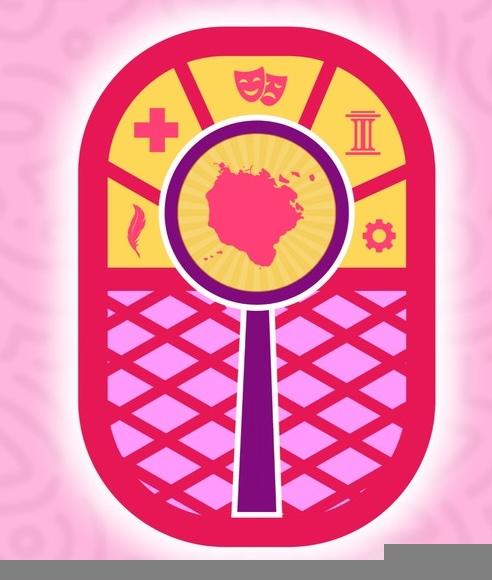Buslo ng Marinduque (BNM) is not a particularly new or just a rehash of the interdisciplinary research journal of the School of Arts and Sciences. True to its vision of serving as a platform for BA Communication, BA English Language Studies and BS Social Work research. The namesake is a Filipino word for basket, symbolizing the aggregated and curated island knowledge and knowledge. Based on the initial proposal of Prof. Panchito Labay, the Tagalog acronym is “Bunga ng mga Sinaliksik sa Loob ng Marinduque” is tantamount to results of research in Marinduque.
In addition, BUSLO also stand for “Building Understanding through Systematic Learning and Observation.” This embodies the Marinduque State University (MarSU) journey to becoming a research university though the humble contribution from the College of Arts and Social Sciences (CASS). Guided by the core principles derived from the CASS research roadmap 2026-30 that can be summed up with Island Innovation for Impact. BNM endeavors to promote local studies and scholarship, provide a platform for inter, multi/ transdisciplinary dialogue, inform policy and institutionalize innovation, conserve culture and safeguard heritage of the island and collaborate with foreign/ external scholars.
The open access journal encompasses a wide array of topics within the CASS programs such as social sciences including but not limited to sociology, anthropology, political science and economics with a focus on community development, social issues and public policy in Marinduque. Moreover, BNM is also concerned with research on social welfare, community services and interventions aiming at improving the quality of life for Marinduque islanders. In addition, there is a premium for arts and humanities by exploring Marinduque’s cultural heritage through literature, history, philosophy, visual and performing arts with cultural studies. Likewise, language and communication is a priority, studies on local languages, communication practices, media studies and the role of language in cultural identity and social interaction. At the end of the day, other fields of research including collaborative topics from education, allied medicine, business and entrepreneurship, public governance and political science, tourism, natural and physical sciences and technology incorporating island innovation for impact.
